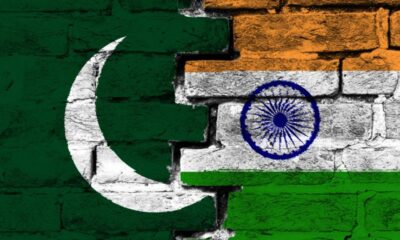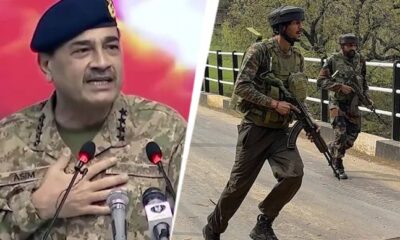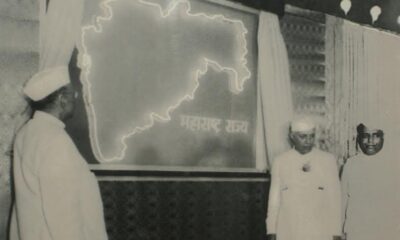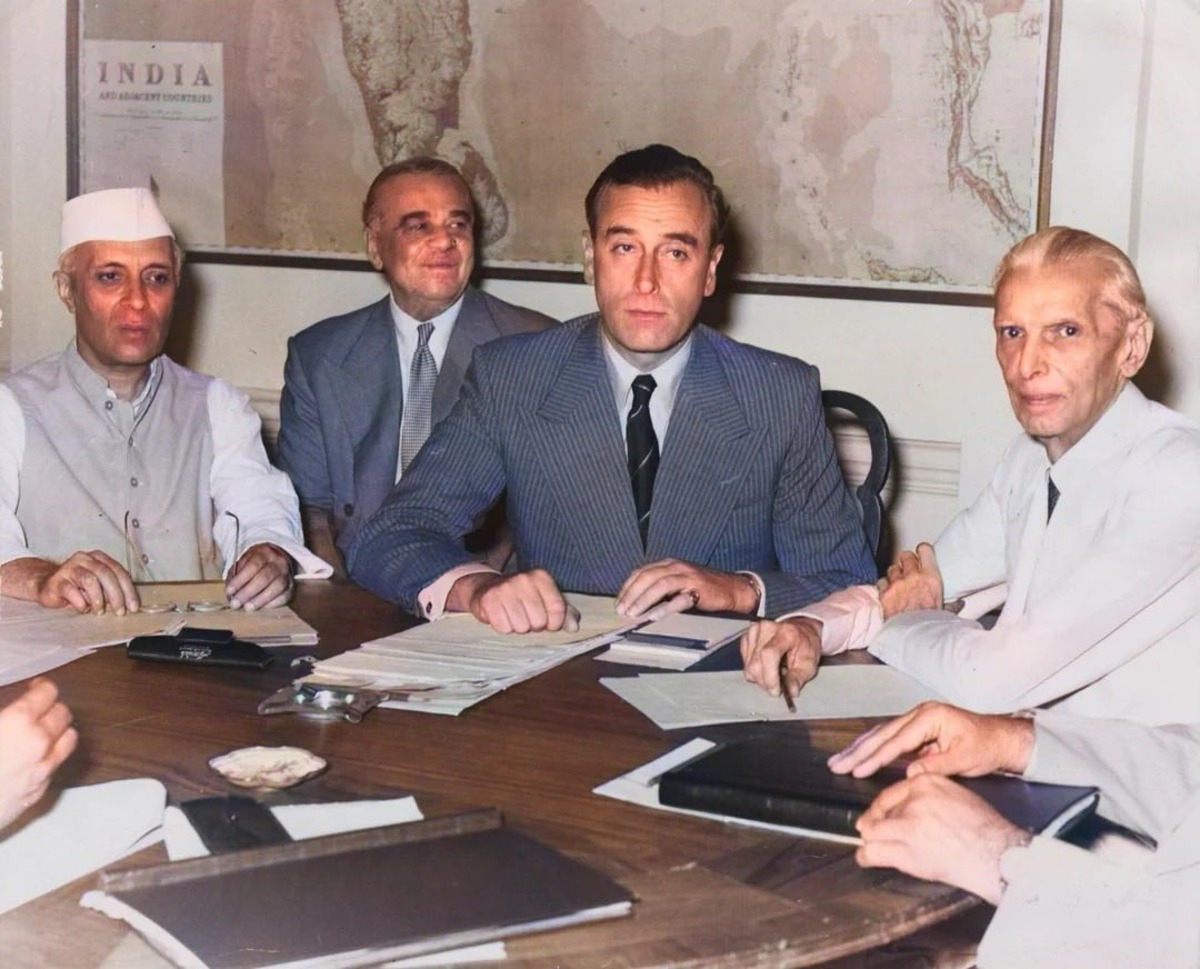Pakistan hadn’t even completed one year of its existence when Muhammad Ali Jinnah’s already fragile health suddenly took a severe turn for the worse. In July 1948, he was moved from Quetta to Ziarat for medical reasons, where specialists confirmed that the “Qaid-e-Azam” was suffering from tuberculosis.
“Yes, I know — not just now, but for many years,” Jinnah admitted with a faint smile.
“Then why didn’t you disclose it?” he was asked.
“So that the Hindus wouldn’t wait for my death,” he replied.
But death is preordained. Fate had already chosen the day Jinnah would die. For 12 years, ever since he was diagnosed with an incurable disease, Jinnah had been dying little by little. When his condition became critical, he was flown from Quetta to Karachi on September 11. The ambulance that came to take him from the airport to the hospital ran out of petrol after just four miles. Amidst the scorching heat and flies hovering over his face, struggling even to breathe, Jinnah was somehow taken to the General House, where he survived only another four hours. He passed away on 11 September 1948.
Everyone knows the story that India’s partition happened because of Jinnah’s obstinacy. But very few are aware of the extraordinary secret hidden behind that story — the secret hinted at in Jinnah’s quoted statement above. According to the best-selling book Freedom at Midnight by Larry Collins and Dominique Lapierre (which also inspired a famous TV series), this secret was buried deep within Jinnah’s heart like a precious treasure. Even the famed British intelligence services remained unaware of it. Had this secret come to light just four months before Partition — when Jawaharlal Nehru, Mahatma Gandhi, and India’s last Viceroy Lord Louis Mountbatten were trying desperately to avoid the country’s division — it might have changed the course of history, not only in India but around the world.
Who would have guessed that this secret lay hidden in a nameless envelope inside a vault belonging to Dr. Jal Ratanji Patel, a renowned physician in Bombay (now Mumbai)?
When Death Was at the Doorstep
What exactly did this X-ray film reveal? Two black spots the size of ping-pong balls, tiny white patches extending up to the upper ribs, and a torn white lining surrounding them — irrefutable evidence of advanced, incurable tuberculosis, a disease considered fatal at the time. The X-ray was of the lungs of that same obstinate and unyielding man — Muhammad Ali Jinnah — who thwarted all of Lord Mountbatten’s efforts to preserve India’s unity.
Dr. Jal Ratanji Patel, Jinnah’s personal doctor, discovered his incurable disease in June 1946 — nine months before Mountbatten was sent from England to India to oversee the transition to independence. He detected it after developing the X-ray films. Due to his weak lungs, Jinnah had always been unwell. Despite receiving treatment in Berlin for complications from pleurisy, he repeatedly suffered from bronchitis, which left him so frail that he would gasp for breath for hours after delivering a speech.
Jinnah lived in a sprawling 19-room mansion on Mount Pleasant Road (now Bhausaheb Hire Marg) in Malabar Hill, Mumbai, spread across 2.5 acres and surrounded by palm, banyan, and pine trees. At the end of May 1946, during a visit to Shimla, he had another bronchitis attack. His sister Fatima quickly put him on a train back to Mumbai. His condition worsened en route, and Dr. Patel had him disembark at a small station before Mumbai to be rushed to a hospital. There, during the initial medical check-up, the gravity of Jinnah’s illness was revealed. Dr. Patel warned him bluntly: if he didn’t reduce his workload, quit smoking and drinking, and eliminate physical stress, he would not survive more than one or two years.
Jinnah told the doctor plainly that only death could relieve him of the heavy responsibility history had placed on him — to lead India’s Muslims during that critical juncture.
Receiving secret energy-boosting injections every fortnight, Jinnah agreed to reduce his workload just enough to continue fulfilling his political obligations. He was well aware that if his Hindu adversaries found out that he was at death’s door, the entire political equation would change. His opponents would simply wait for him to die and, in the meantime, might negotiate with more moderate leaders within the Muslim League — shattering his dream of becoming “Qaid-e-Azam.”
When Jinnah first met Mountbatten and said, “Whatever is to be done, do it quickly,” it was fear of death driving his urgency.
In December 1973, Jinnah’s daughter Dina Wadia confessed to the authors of Freedom at Midnight that she had only learned about her father’s tuberculosis after his death. The secret was known only to his sister Fatima, who kept it confidential throughout. Liaquat Ali Khan, the second-most prominent leader in the Muslim League, learned about it only during the last six months of Jinnah’s life.
Twenty-five years after Jinnah’s death, Lord Mountbatten admitted that if he had known about Jinnah’s grave illness at the time, he would have approached India’s partition differently. What would have actually happened then is impossible to say — but perhaps, just perhaps, the partition of India and Pakistan might never have occurred.
By Vimal Mishra

 Culture & Society2 months ago
Culture & Society2 months ago
 Culture & Society2 months ago
Culture & Society2 months ago
 Tech2 months ago
Tech2 months ago
 Opinion2 months ago
Opinion2 months ago
 Business2 months ago
Business2 months ago
 Culture & Society2 months ago
Culture & Society2 months ago
 iNational Indic2 months ago
iNational Indic2 months ago
 Culture & Society2 months ago
Culture & Society2 months ago









